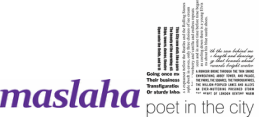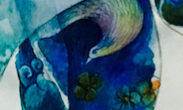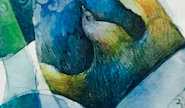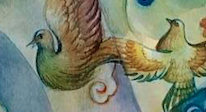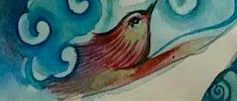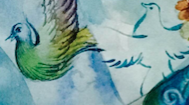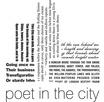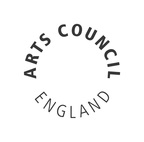about the project"Tears are streaming down my face,
the big questionsSome of the pressing questions we will explore through this initiative are:
what does the project involve?Public events - Poet in the City and Maslaha will curate a number of public events celebrating work produced through the project and exploring issues around identity, self expression and belonging through the lens of landai poetry and the art of translation. The first event will be a celebration of the role of poetry in narrating personal journeys across the globe in the bustling transport hub of St Pancras International station, London, on National Poetry Day 2016. Read more about the event here.
Education programme - starting in Spring 2017 Maslaha will deliver a series of immersive education workshops with young people in schools and older women in community groups across four London boroughs. These workshops will showcase landai poetry and explore what Afghan womens’ use of poetry as a source of resistance and solidarity, has to teach us. Commissioning/Publishing - we will be collaborating with partners including Kabul based literary group, Mirman Baheer, to identify and publish new poetry from women in Afghanistan. UK poets will also be commissioned to write poetry on the subject and create engagement at a local level. This work will be showcased in an online exhibition and a poetry publication. Online exhibition - all of the project outputs will be curated as part of an interactive online exhibition designed to reach international audiences and ensure the impact of the project is widely felt. This will include poetry, photos, illustrations, podcasts and clips of poetry being recited. Importantly, the online exhibition is intended to start an on-going dialogue about issues around identity, stereotyping, Islam and feminism that will be accessible and open to contributions in multiple ways. Podcasts - given the aural tradition of women’s poetry groups in Afghanistan we are keen to recognize this in the work we do and would like to use podcasts as a way for participants to take part in the project, and to reach new audiences. Many communities that Maslaha work with, for example Somali and Bangladeshi, have strong aural poetry traditions that are not recognised in the UK. Shedding light on these traditions is important to open up new language that will better resonate with diverse communities, particularly when exploring identity or taboo issues. With Muslim communities increasingly feeling marginalised and disenfranchised in the UK, we believe this is a need for new voices and narratives within Muslim communities and that poetry plays an important role in this. A large-scale campaign through which project partners will create a ‘global moment’ celebrating voice and humanity through the landai form. This will help to change how issues around gender, race and religion are debated in wider society and media outlets. |
why are we doing this?
[2] Muslim women are 70% less likely to be employed than their white Christian counterparts |
current in-principle partners include
Maslaha translates from the Arabic as ‘for the common good’ and this is the driving force behind all our work.
Maslaha creates new ways of tackling long-standing issues affecting communities. We combine imagination and craftsmanship to improve services, change attitudes and challenge systems of inequality. We work to influence practice, policy and public imagination. Our work ranges from health interventions to working with ex-offenders, to addressing gender inequality, to exhibitions that have toured 35 cities in 11 countries across Europe. Our work is rooted in locality but is used nationally and internationally. In 2012, Maslaha was named one of Britain’s 50 New Radicals by NESTA and the Observer newspaper. In 2014 Maslaha’s work in mental health was announced winner of the global Innovation Mindset Challenge, a competition run by Project Innovation in New York and supported by the Rockefeller Foundation and Columbia University. Visit our main website at: www.maslaha.org and support our work here. |
|
Since its inception, Poet in the City has been transforming public experiences of live poetry, changing a market consisting primarily of small exclusive poetry readings to include large scale performances for audiences regularly exceeding 350 in number.
Staging 45 high-profile performances each year in venues ranging from Kings Place and the British Museum to Amnesty International and The Royal College of Surgeons, Poet in the City aims to demonstrate the socially inclusive value of poetry; its work highlights how poets throughout history have grappled with life to provide thought-provoking experiences to audiences. Poet in the City also regularly commissions new work. Education, employability and volunteering are at our core, and this work enables Poet in the City to support civil society and capitalise on the arts as a means to public engagement and social well-being. www.poetinthecity.co.uk |
